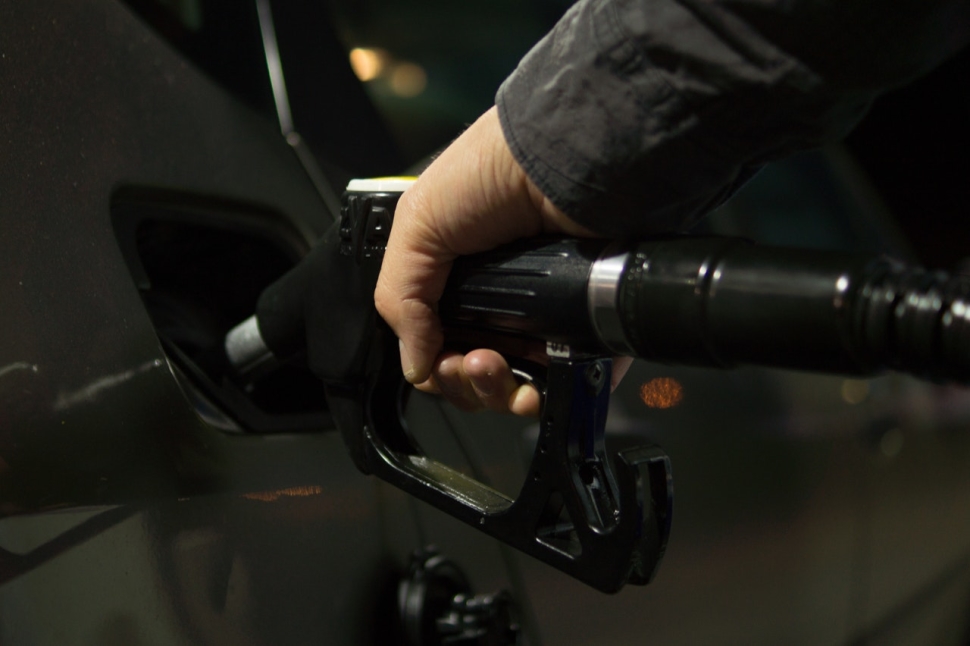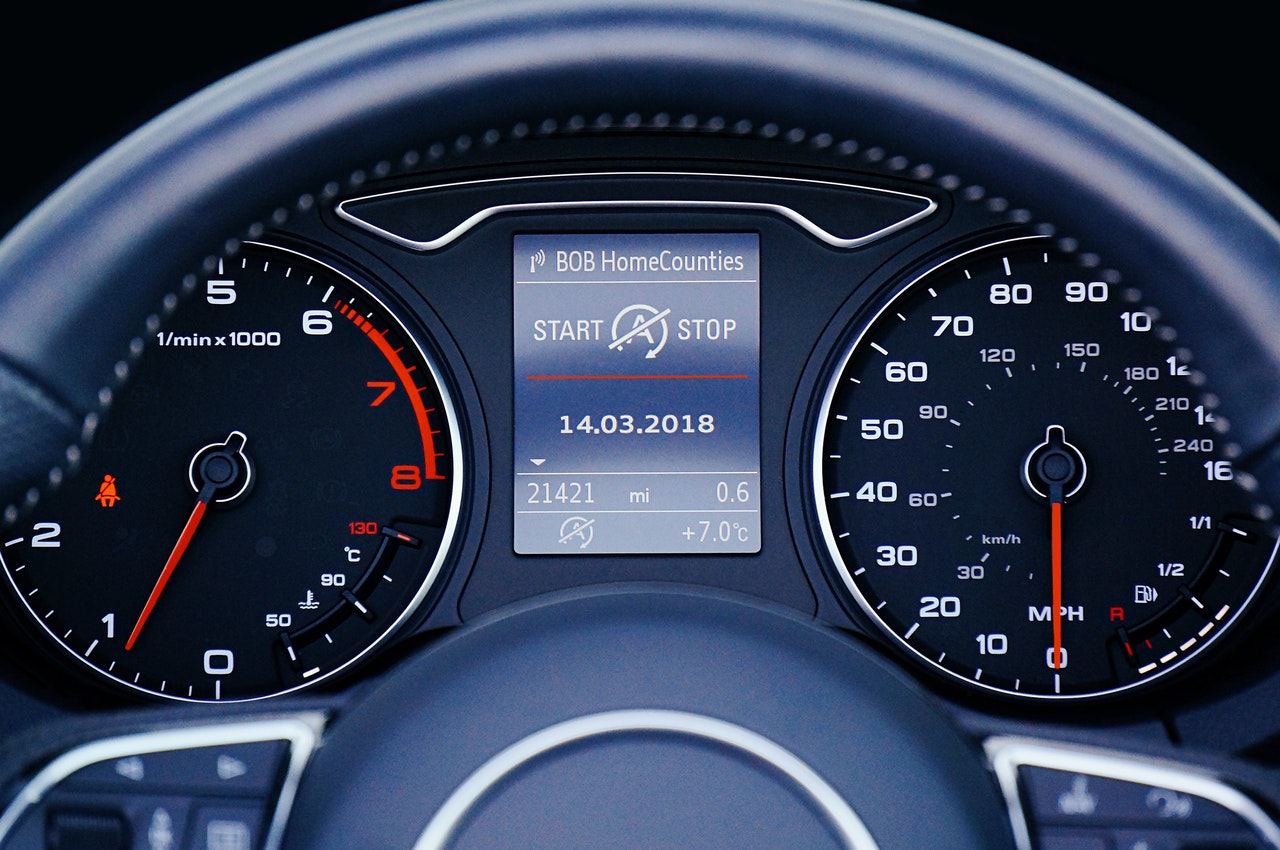Across Great Britain there are 38.4 million vehicles licensed on our roads, transport emissions are contributing heavily to climate change. The UK now has a 2050 Net Zero emission target to achieve which is enshrined in law, so the pressure has never been so great to reduce harmful emissions on our roads and as a result, the government is actively introducing measures to reduce our carbon footprint and to tackle our air pollution problem.
However, when it comes to vehicle emissions, it’s not just climate change that we need to think about. Air pollution affects public health, and currently around the globe, 92% of its population are living in places where the air quality exceeds the World Health Organisation (WHO) limits. The emission produced by transport, are having a major impact to our everyday lives and our carbon footprint too, so it’s essential that we understand the developments and fuel alternatives that are helping to create a greener and healthier future for the way we drive. Here, the energy experts at LPG supplier Flogas Britain explore the main ways that car energy is changing.
Driving to zero
With the attitudes focusing towards LPG Autogas and the rise of electric cars, the fuel going into out vehicles is set to change dramatically over the next 20 years. This is mainly due to the government’s Road to Zero Strategy, which aims to end the sale of all new conventional petrol and diesel cars by 2040. The Strategy also plans to increase the supply and sustainability of low carbon fuels, as a way to reduce emissions from the existing vehicles already on our roads.
The evolvement of electric
The idea of electric cars has been around for a long time, as its purpose is to offer compelling environmental and air quality benefits. However, it was thought of as more of an idea to aspire to, rather than a serious catalyst in the fight against climate change. This has all changed in the last decade, with the development of advanced electric vehicle technology that has given electric cars mainstream credibility and appeal.
The demand for electric cars has shot up amongst generation Z drivers. Research suggests that people aged 18-24 are the most likely to own an electric vehicle, with the main reason being the climate crisis.
Unfortunately, there still isn’t enough technology available to match the infrastructure to support this upsurge of interest towards electric cars. With a chronic shortage of public charging points, one of the biggest impediments to many buying an electric car is the fear of running out of power and the risk of not being able to recharge on the go.
LPG – A short-term fuel
As we wait for electric cars to eventually hit the mass market, there are still alternative fuel options that offer energy efficiency and reduced carbon emissions, which are available now. Autogas, also known as LPG (liquefied petroleum gas), is the most accessible alternative fuel on the market – with over 170,000 Autogas vehicles currently on the road across the UK, serviced by more than 1,400 refuelling stations.
As well as it being a choice of many who want to reduce their carbon footprint, Autogas is a good choice for those seeking to cut fuel costs compared to conventional fuels. Extensive existing infrastructure, plentiful supply and serious cost- and carbon-cutting potential mean LPG is positioned as the ideal interim fuel in the move away from petrol and diesel, and towards Net Zero.
LNG in transport
Whilst LPG plays an important part in our journey towards lower carbon emissions, there are other alternatives that give a stronger promise to reduce them. As the cleanest burning fossil fuel available, LNG (liquefied natural gas) has quickly become the world’s fastest growing gas supply source. As well as being highly efficient, it emits significantly fewer pollutants and offers CO2 savings of 20% compared to diesel, making it ideal for businesses who own large truck fleets and need to adhere to stringent air pollution controls. Bio-LNG takes this one step further, offering CO2 savings of over 80%. Also known as liquefied biomethane, Bio-LNG is a renewable fuel that’s created during the break down of organic matter, meaning it can be produced anywhere anaerobic digestion occurs (AD).
To find out more about LPG, LNG or Bio-LNG, and how they can help contribute to a cleaner future for transport, visit: www.flogas.co.uk

